Seeking a rejuvenating boost without the coffee jitters? While coffee is beloved by many, its excessive consumption can sometimes affect sleep and adrenal health.
Delight in alternatives like herbal teas—such as Green Tea, Yerba Mate, and Black Tea—and adaptogenic herbs, including Ashwagandha, Rhodiola Rosea, and Ginseng. Not to mention root-based wonders like Chicory and Maca Root, which offer unique flavors and benefits.
Discovering these natural alternatives is more than just finding a substitute for coffee; it's about exploring diverse flavors and tapping into holistic wellness.
Curious? Dive deeper to understand these invigorating choices' essence, flavor, and health benefits!
Why Look for Coffee Alternatives?
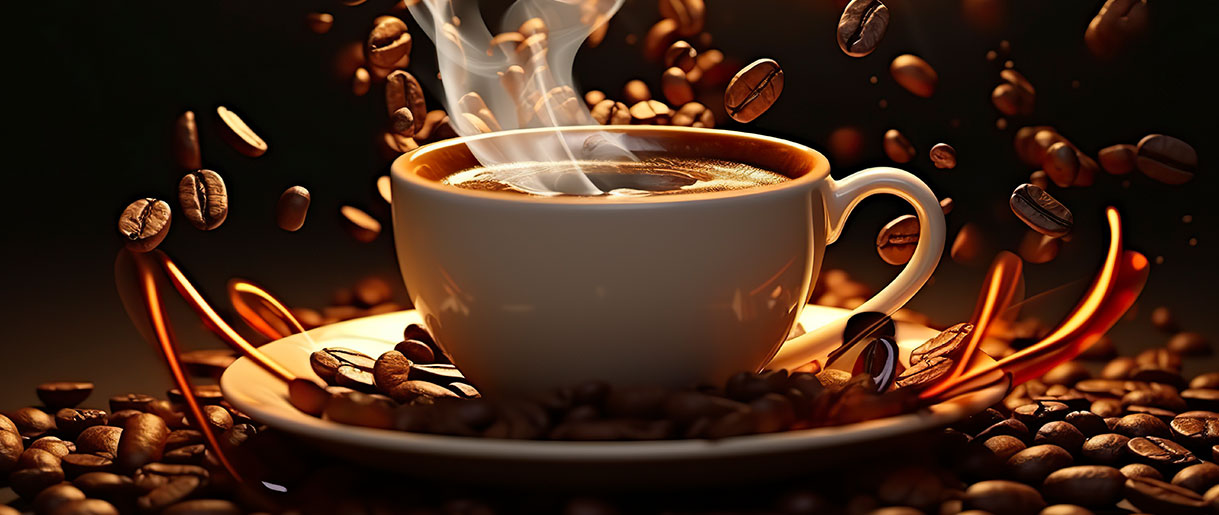
With its warm aroma and ability to kick-start mornings, coffee has cultivated a profound love affair with millions. The ritual of sipping on that morning coffee seems almost indispensable for many.
However, as with anything in life, moderation is key. Diving deep into the quest for the best coffee alternative is not about vilifying our beloved coffee beans but understanding that there's a whole world of stimulating options.
Excessive consumption of coffee can lead to various health concerns. For instance, while many turn to coffee as their primary morning pick-me-up, the repercussions of overindulgence might not be so uplifting.
Potential downsides include sleep disruption, restless nights, and even adrenal fatigue, which affects our body's stress response. These very concerns have steered people towards seeking a coffee alternative for energy.
What if you could enjoy the health benefits of an energizing drink without the setbacks of coffee? Enter the world of coffee alternatives.
Whether you're searching for a caffeine-free alternative, a healthy alternative to coffee, or just keen on diversifying your palette, many options are waiting to be discovered. And yes, many of these coffee substitutes match and sometimes even surpass our traditional brew's stimulating power.
Exploring these coffee alternatives opens us to new flavors, experiences, and perhaps even a better, more sustainable energy boost throughout the day.
Dive into Top Coffee Alternatives
Herbal Teas
Herbal tea, unlike many beverages derived from coffee beans, offers a rejuvenating escape without the often-associated jitters of traditional brews.
They are not just a pleasant warm cup in your hands but are loaded with various health benefits. For many, herbal tea is the perfect coffee substitute, offering the comfort of a hot drink without the intense caffeine hit.
1. Green Tea
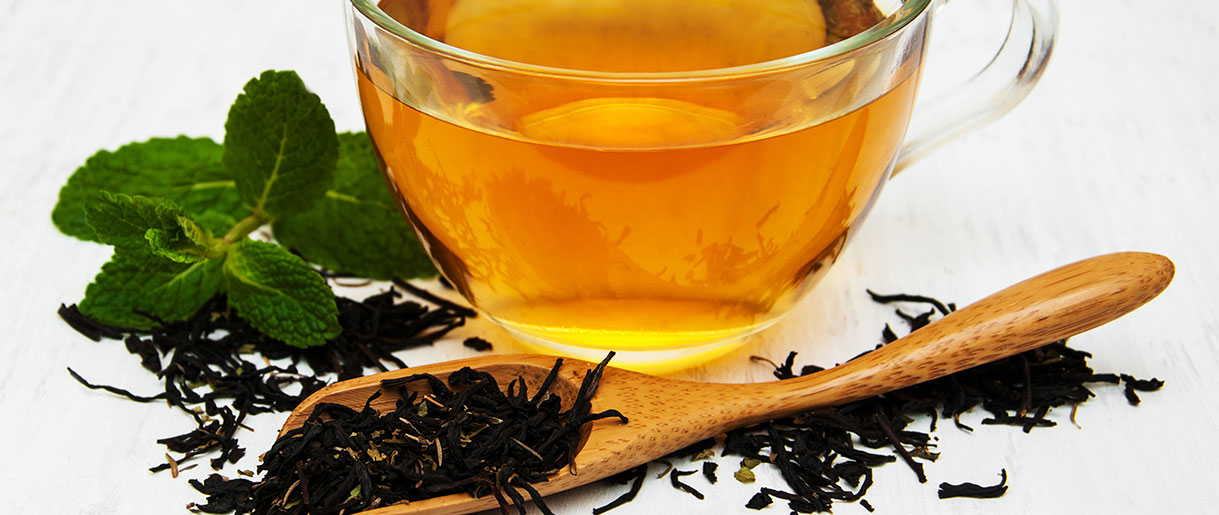
This tea isn't just about the trending matcha green tea lattes. Its foundation is a blend of antioxidants and delivers a moderate caffeine punch.
And while matcha tea is a powdered variant of green tea, it's worth noting for its richer concentration of nutrients. One of the best teas for focus, green tea can help you boost your focus and concentration throughout the day.
2. Yerba Mate
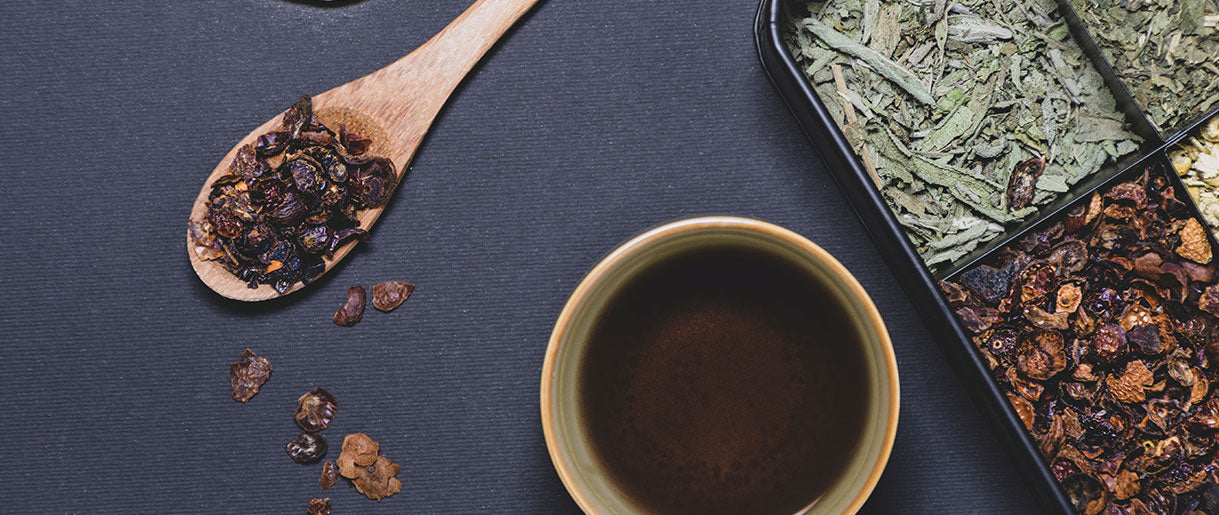
Drenched in tradition and often consumed with hot water in a shared ritual, yerba mate provides a robust caffeine boost.
Its distinctive flavor sets it apart, making it a go-to coffee substitute for many seeking something different. This South American wonder, yerba mate, is appreciated for the balance it strikes between energizing the body and calming the mind.
3. Guayusa
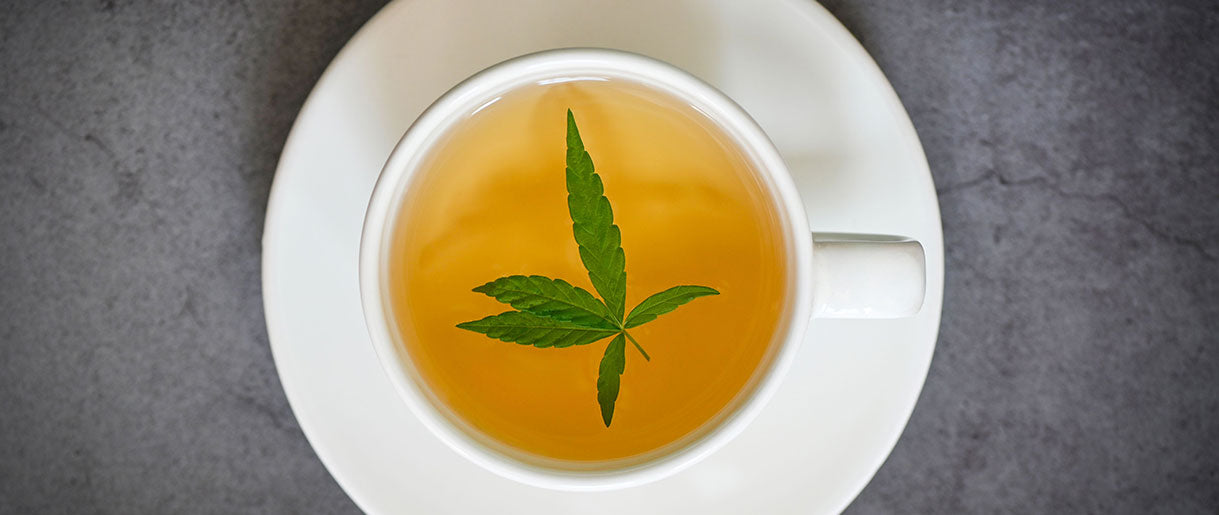
Another gift from South America, guayusa combines alertness with relaxation. Its secret? The dance of caffeine with L-theanine.
This synergy sets it apart from traditional coffee and many teas and supplements for focus, making it an enticing coffee substitute.
4. Black Tea
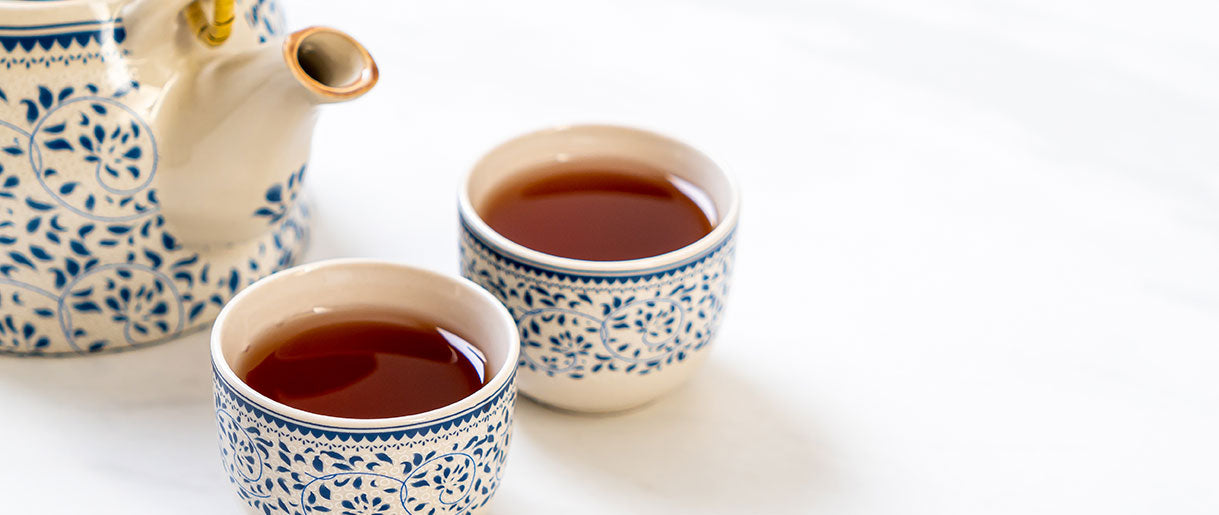
When one thinks of tea, black tea often comes to mind first. Renowned for its bold flavor, it has a caffeine content somewhere between green or black tea and coffee, giving enough kick to start the day.
Other Herbal Teas
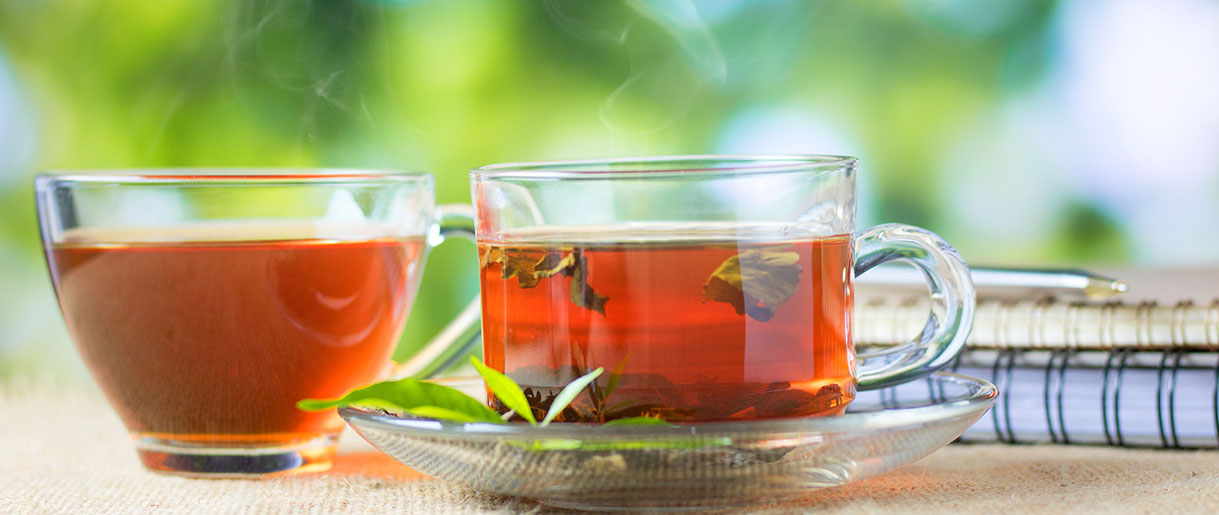
Now, venturing beyond the conventional, let's explore more unique offerings. Golden milk, a turmeric-based drink, and chai tea, a spiced delight, provide warmth and comfort without the bitter taste some find in coffee.
Meanwhile, Rooibos tea and other caffeine-free tea options offer a calming experience, unlike coffee's typical energy surge. For those missing the deep, roasted flavors of a morning brew, herbal coffee blends using ingredients like chicory can be a fantastic alternative.
Root-Based Alternatives
Beyond the leaves and beans lies a world of roots rich in flavor and health benefits. These natural roots stand out for their unique tastes and health-boosting properties, making them an ideal option for those seeking caffeine-free tea with a hint of coffee flavor.
5. Chicory Root
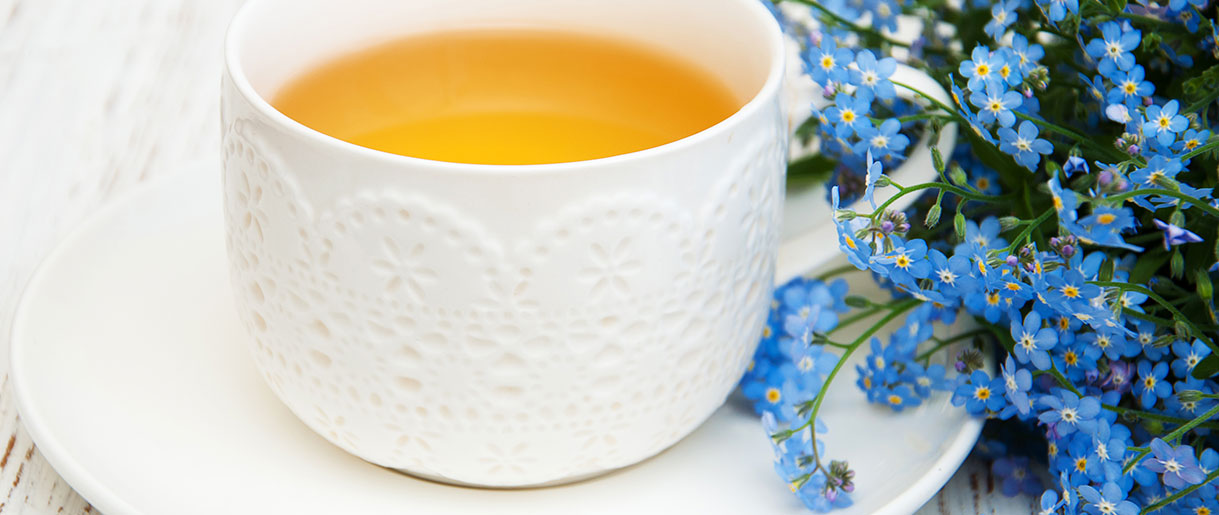
Often used as a coffee substitute, chicory root provides an earthy taste reminiscent of a traditional morning brew. However, chicory boasts added prebiotic benefits, unlike coffee, making it an excellent supplement for gut health. Research has confirmed (1) Chicory Root's ability to improve gut health.
When mixed with unsweetened milk, it takes on a slightly sweet nuance, making it a delightful alternative to the usual morning cup. Moreover, the natural compounds present in chicory root are believed to promote weight loss and strengthen the immune system.
6. Maca Root
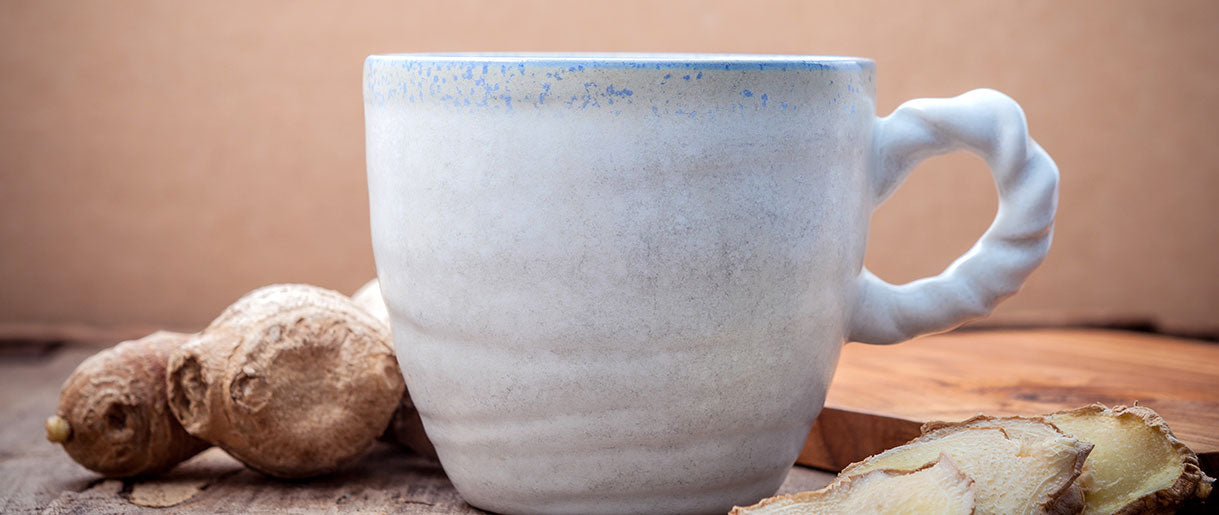
This Andean gem has earned its title as a superfood, celebrated for enhancing energy and stamina. For this reason, maca root can be an exciting addition to any morning routine for energy.
While it doesn't mimic the taste of coffee, it offers a robust, malty flavor that can be a refreshing change for those looking to reduce their caffeine intake.
Beyond its taste, research shows (2) that maca is laden with health-promoting properties. Its ability to bolster the immune system and provide sustained energy makes it a sought-after addition to many wellness routines.
Adaptogenic Herbs
The quest for the best coffee alternative often leads individuals beyond beans and tea leaves to adaptogenic herbs.
These unique herbs, renowned in traditional medicine, serve as a healthy alternative to coffee by aiding the body in resisting physical, chemical, and biological stressors.
7. Ashwagandha
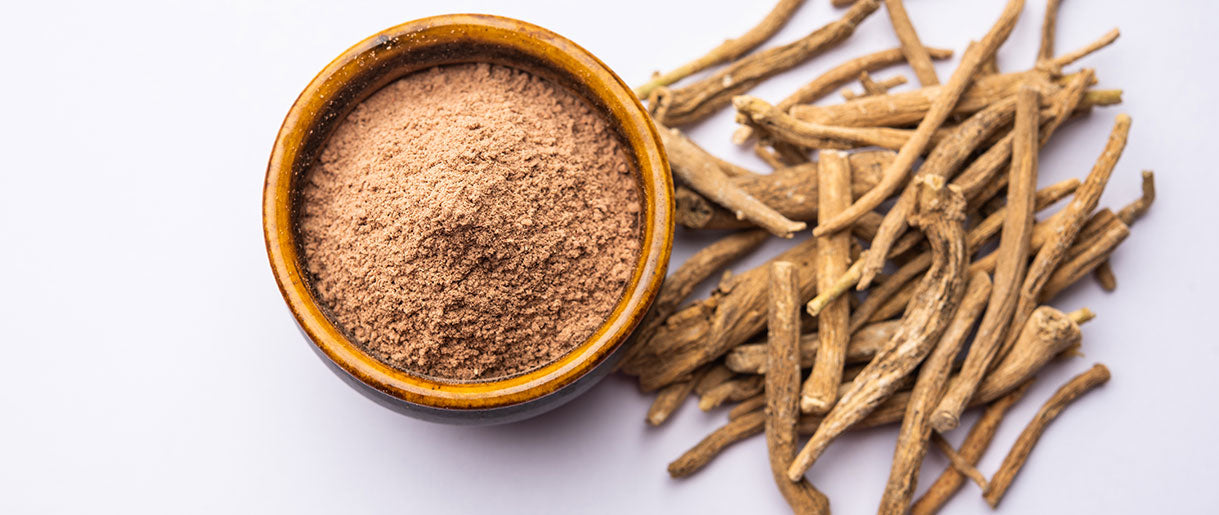
This adaptogen iscelebrated for (3) reducing anxiety and bolstering stamina, making it a prime coffee alternative for energy. With anti-inflammatory properties, it promotes heart health and offers an energy boost without the jitters of caffeine.
8. Rhodiola Rosea
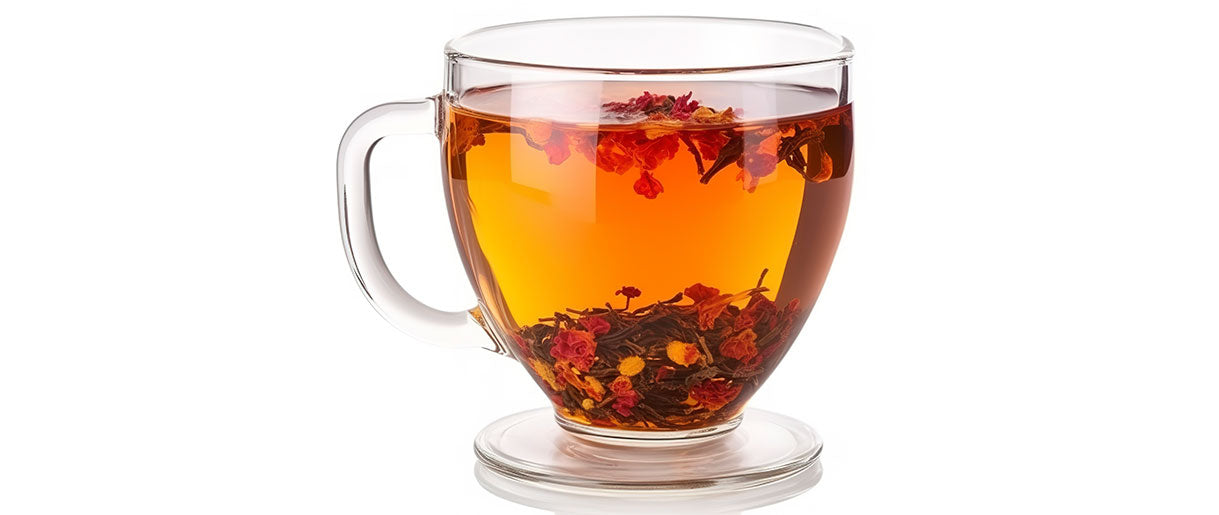
This herb doesn't just combat fatigue; it also aids in enhancing cognitive function. Unlike typical brews with less caffeine, Rhodiola offers a natural and effective way to keep the mind sharp—this fact is backed by science (4).
9. Holy Basil (Tulsi)
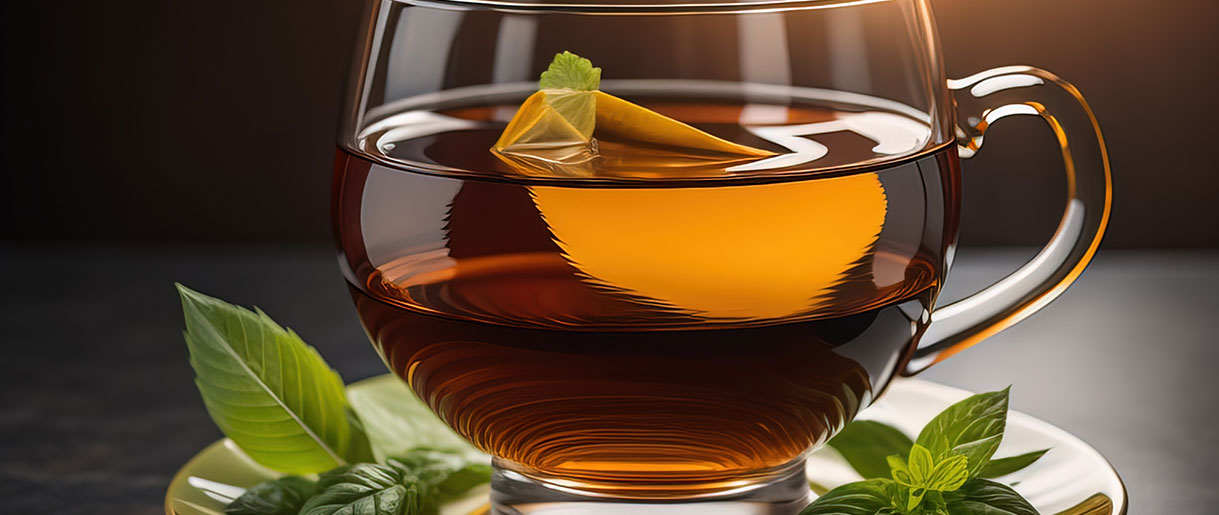
Often used in teas, this herb is revered for its rejuvenating properties. Rich in vitamin C and with anti-inflammatory properties, it promotes heart health and provides a gentle, refreshing lift.
10. Cordyceps
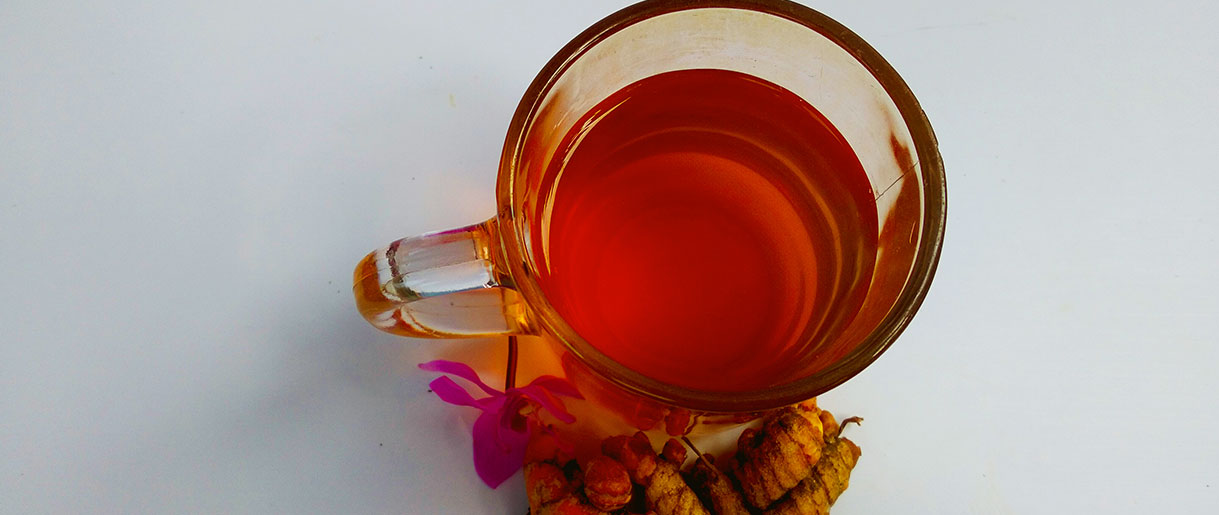
Unlike the bitter flavor often found in traditional brews, this unique fungus is associated with enhanced oxygen uptake and amplified energy output. As a caffeine-free coffee alternative, cordyceps boosts energy, making it an enticing choice for those seeking stamina without the stimulants.
11. Ginseng
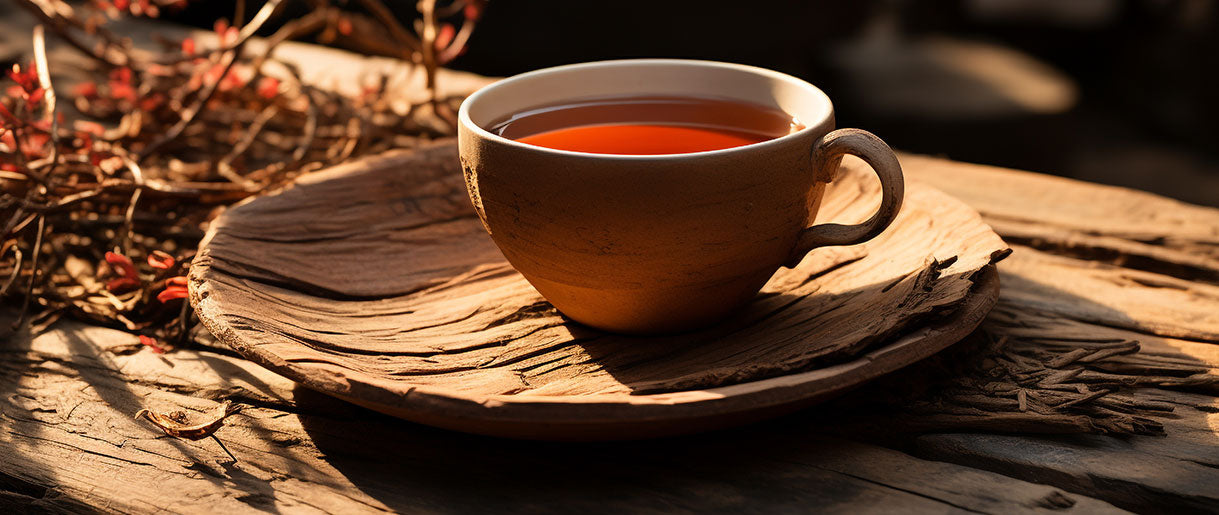
An ancient herb with a slightly bitter flavor, Ginseng is celebrated for its energy-enhancing and stress-reducing attributes. Standing as a viable alternative to coffee, it brings many health benefits without the pitfalls of excessive caffeine.
While these herbs offer incredible benefits, Chicory coffee is famous for those seeking a direct coffee replica. Resembling the taste of coffee, Chicory coffee delivers a similar experience with less caffeine, making it both a flavorful and health-conscious option.
DIY Natural Energy Drinks
Crafting your energy-boosting drinks at home is more than just a fun experiment; it's a journey into understanding what goes into your beverage, the flexibility to tailor the taste to your preference, and the added benefit of cost-saving.
Plus, with many ingredients easily found in grocery stores, you don't have to hunt for exotic components. Here are some recipes that invigorate you and provide numerous health benefits.
Lemon-Turmeric Elixir
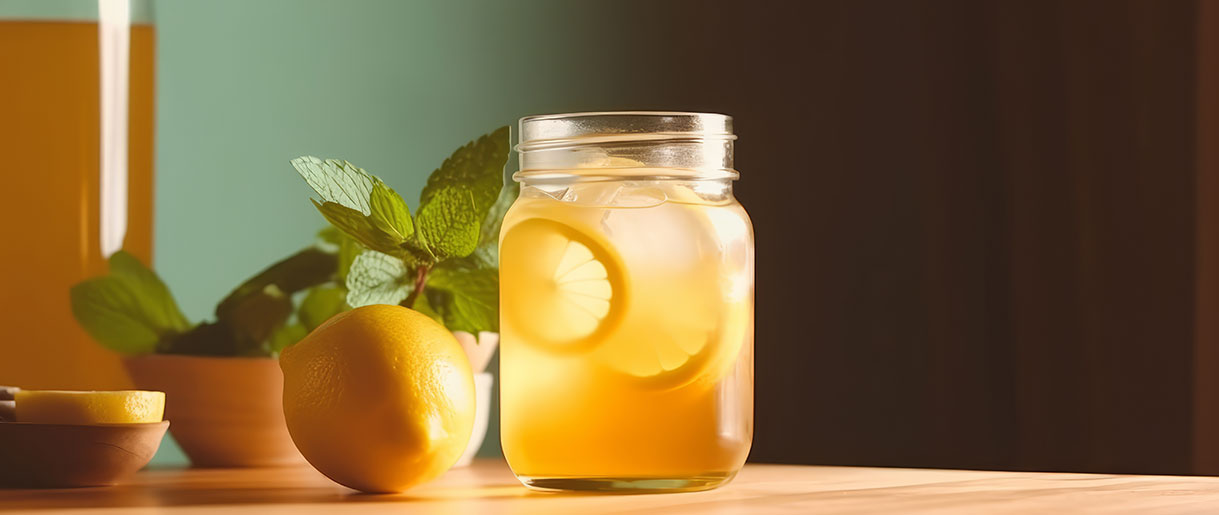
Ingredients:
- Juice of 1 lemon
- A pinch of black pepper
- 1 teaspoon of turmeric powder
- 1 cup of boiling water
Procedure:
1. Squeeze the lemon juice into a cup.
2. Add turmeric and a pinch of black pepper (which aids turmeric absorption).
3. Pour in boiling water and stir.
4. Enjoy your spicy, tangy lemon water first thing in the morning.
Benefits: Research suggests (5) turmeric has potent anti-inflammatory properties, while lemon water aids digestion. Combined, they can help reduce the risk of heart disease.
Chicory Hot Chocolate

Ingredients:
- 1 tablespoon roasted chicory root (ground into a fine powder from the chicory plant)
- 1 tablespoon cocoa powder
- 2 cups of water
- Sweetener of choice (optional)
Procedure:
1. In a French press, combine chicory and cocoa powder.
2. Add boiling water and steep for 5 minutes.
3. Press and pour into a cup. Add sweetener if desired.
Benefits: Chicory provides a coffee-like flavor without the caffeine, while cocoa offers antioxidants. Research suggests that (6) chicory can also support gut health and potentially lower the risk of heart disease.
Spiced Masala Chai
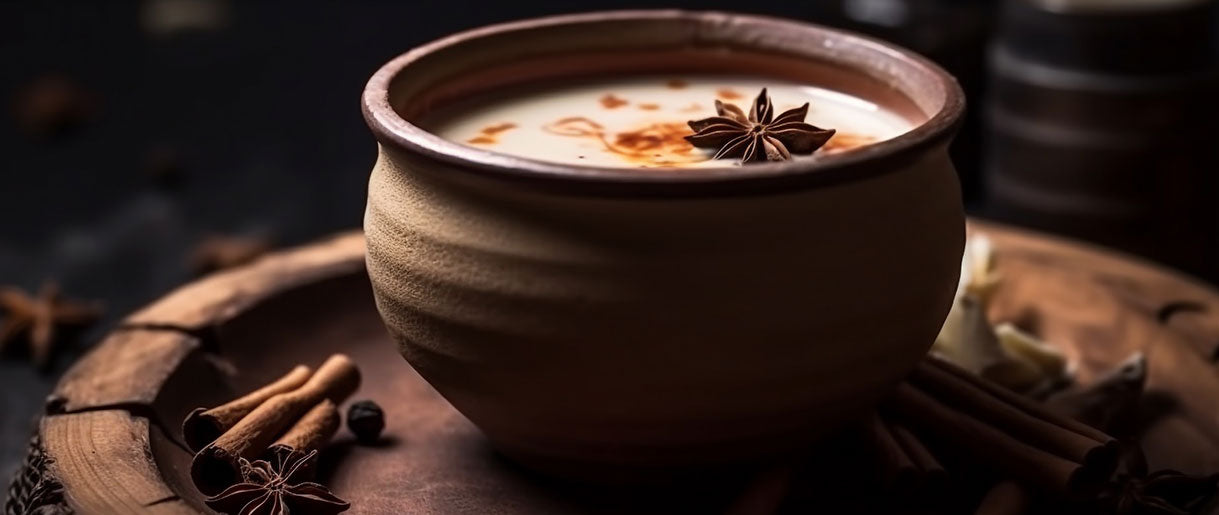
Ingredients:
- 1 masala chai tea bag or loose leaves
- 1 cup of water
- 1/4 cup of milk or dairy-free alternative
- A pinch of black pepper
- Sweetener of choice (optional)
Procedure:
1. In a pot, bring water and milk to a boil.
2. Add the masala chai and simmer for 3-5 minutes.
3. Add a pinch of black pepper and sweetener if using.
4. Strain into an average cup and savor the warmth.
Benefits: Chai spices have been linked to numerous health benefits, including improved digestion and reduced inflammation.
Embracing the Whole Lifestyle
Exploring coffee alternatives is a commendable step towards holistic wellness, but it's essential to remember that it's just one piece of the larger health puzzle.
While a switch in our morning cup can offer myriad benefits, true well-being stems from a synergistic approach to our entire lifestyle.
Good Sleep

Nothing can compensate for a lack of sleep, regardless of what energizing drink you opt for in the morning.
Consistent restorative sleep doesn't just recharge our batteries; it aids in cognitive function, emotional well-being, and overall physical health.
So, while a cup of chicory or matcha might kick-start your day, a good night's rest lays the foundation.
Balanced Diet
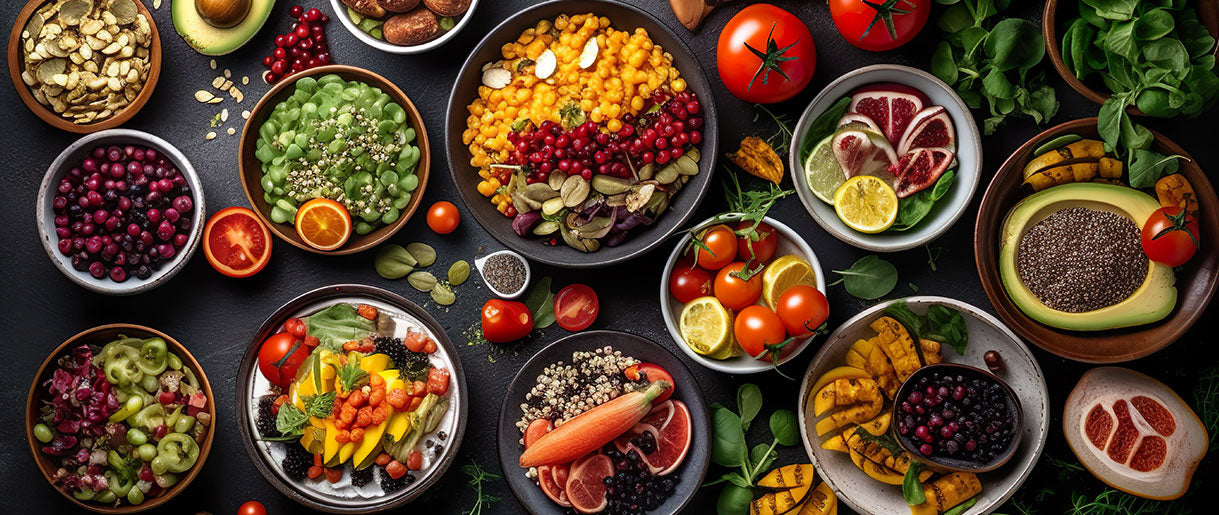
Our beverages, no matter how health-infused, support the main cast: our meals.
Ensuring a diet rich in whole foods, packed with essential nutrients, vitamins, and minerals directly impacts how we feel throughout the day.
Every sip of an adaptogenic herb tea or lemon water is amplified in its benefits when it complements a nourishing meal.
Mindfulness Practices

In our fast-paced world, the mind, like the body, needs nourishment.
Mindfulness practices, be it meditation, deep-breathing exercises, or simply being present at the moment, can act as a balm to daily stresses.
Pairing this mental peace with the physical tranquility of healthier drink choices creates a harmonious combination.
Regular Exercise

Movement, whether a rigorous workout, a gentle yoga flow, or daily walks, plays a pivotal role in our overall health. Complementing your revitalizing beverages with consistent physical activity ensures you're harnessing your full potential.
Stay Hydrated
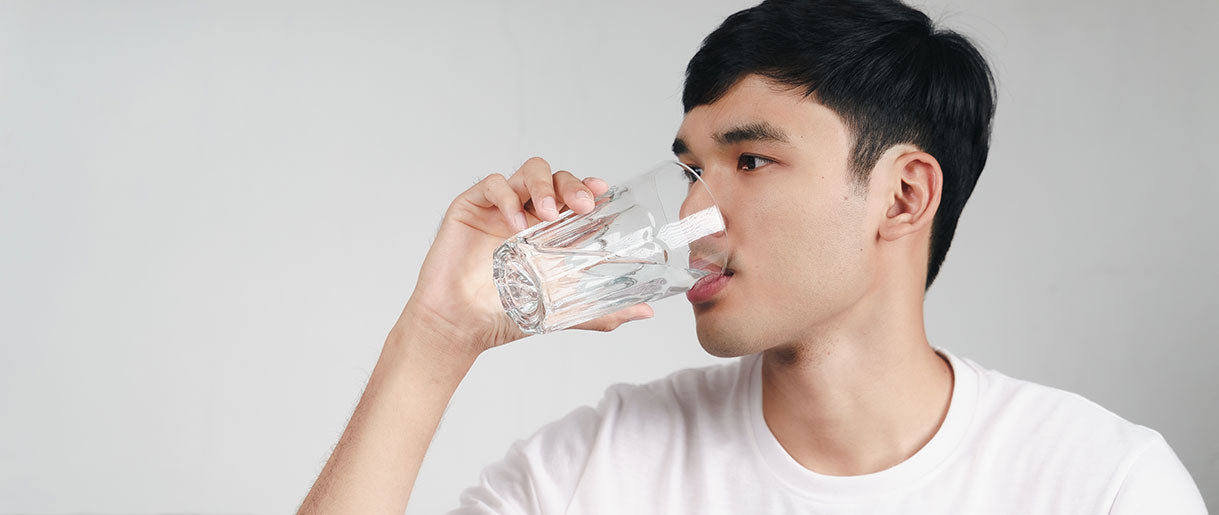
Water remains an unbeatable drink choice. While diving into herbal teas and coffee substitutes, consume ample plain water. Hydration aids digestion, skin health, and cellular function, amplifying the benefits of other healthy habits.
FAQs About Coffee Alternative
Will I Go Through Caffeine Withdrawal?
If you're used to consuming a significant amount of caffeine daily and suddenly reduce or eliminate your intake, you might experience caffeine withdrawal.
Symptoms can include headaches, fatigue, irritability, and difficulty concentrating. To minimize these effects, gradually decrease caffeine consumption over several days.
How Long Before I See The Benefits Of Using Coffee Alternatives?
The timeframe varies for everyone and depends on the specific coffee alternative you're trying.
Some people might feel immediate benefits, especially if they are experiencing negative side effects from excessive coffee consumption. Allowing a few weeks can provide a clearer picture of the positive changes.
Can I Mix Coffee And These Alternatives?
Absolutely! Many people find a balance by mixing their regular coffee with alternatives.
For instance, blending traditional coffee with chicory or adding adaptogenic herbs to your morning brew can be an excellent way to enjoy both benefits. It allows for a gradual transition, resulting in unique and enjoyable flavors.
Key Takeaways
Switching or simply diversifying your morning ritual doesn't mean you're abandoning the beloved tradition of a warm beverage to kick-start the day.
Instead, it's about broadening your horizons, embracing new flavors, and tuning into the myriad ways nature can invigorate us. The world of coffee alternatives offers both variety and a plethora of health benefits, each cup inviting you to a journey of discovery and well-being.
And as you embark on this new adventure, remember: each sip is a step towards holistic health and mindfulness. So, whether you're fully trading your espresso shot for a cup of matcha or occasionally swapping your afternoon latte for some tulsi tea, embrace the experience with curiosity and openness.
We'd love to hear about your adventures in the world of coffee alternatives! Dive into the comments below and share your favorite swap, a new recipe you've tried, or any questions you might still have. Let's embark on this journey together, one flavorful sip at a time. Cheers to healthier choices and newfound favorites!🍵🌱
References
- Supplementation of chicory root powder as an alternative to antibiotic growth promoter on gut pH, gut microflora and gut histomorphometery of male broilers, (1), https://www.ncbi.nlm.nih.gov/pmc/articles/PMC8675672/
- Immunomodulatory Effects of Lepidium meyenii Walp. Polysaccharides on an Immunosuppression Model Induced by Cyclophosphamide, (2), https://www.ncbi.nlm.nih.gov/pmc/articles/PMC9273403/
- An Overview on Ashwagandha: A Rasayana (Rejuvenator) of Ayurveda, (3), https://www.ncbi.nlm.nih.gov/pmc/articles/PMC3252722/
- Rhodiola rosea L. Improves Learning and Memory Function: Preclinical Evidence and Possible Mechanisms, (4), https://www.ncbi.nlm.nih.gov/pmc/articles/PMC6288277/
- Anti-Inflammatory Effects of Curcumin in the Inflammatory Diseases: Status, Limitations and Countermeasures, (5), https://www.ncbi.nlm.nih.gov/pmc/articles/PMC8572027/
- Chicory: Understanding the Effects and Effectors of This Functional Food, (6), https://www.ncbi.nlm.nih.gov/pmc/articles/PMC8912540/




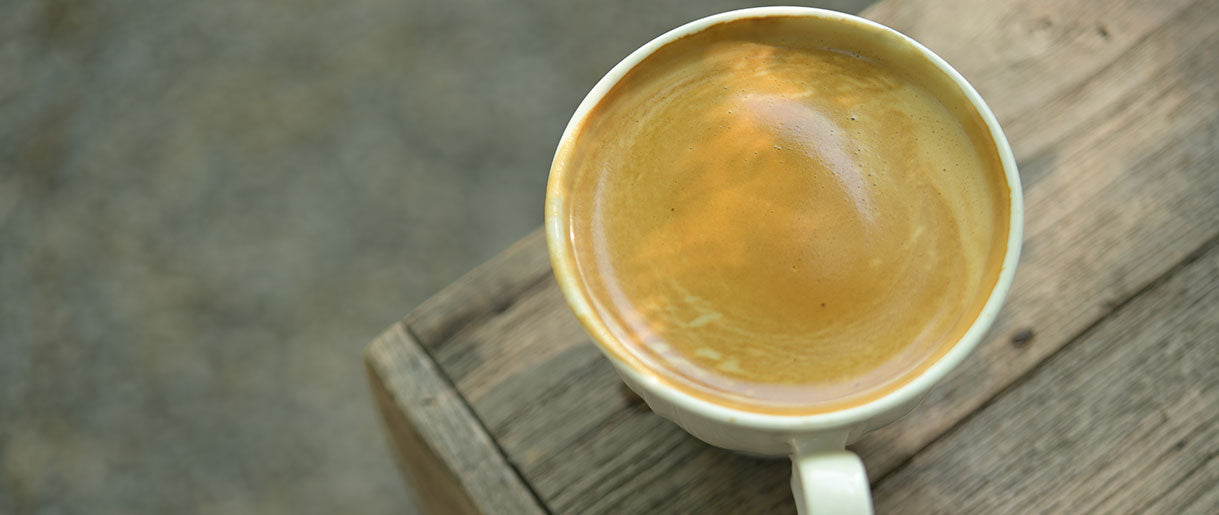



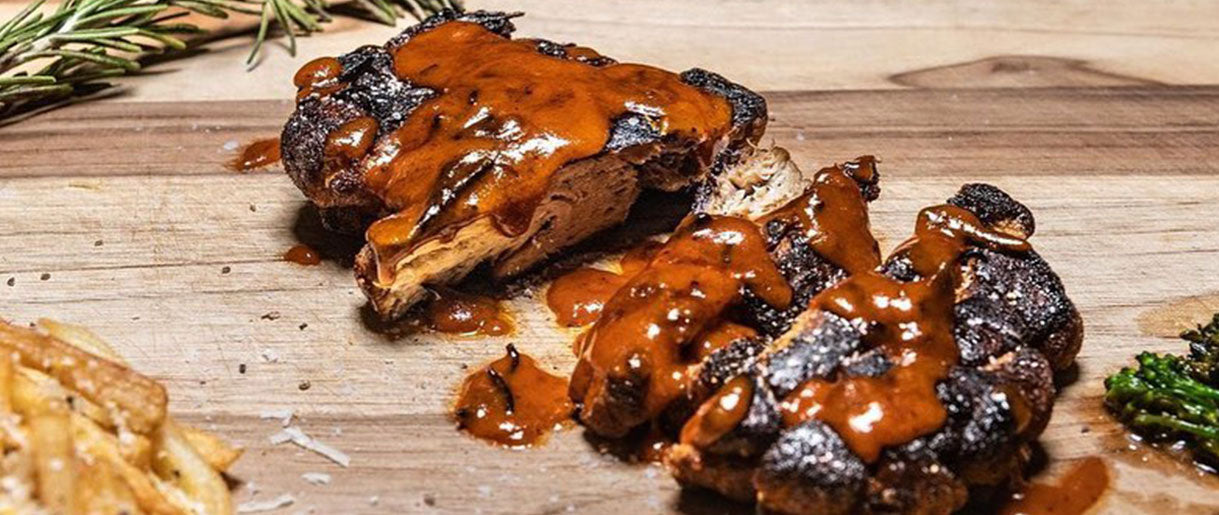
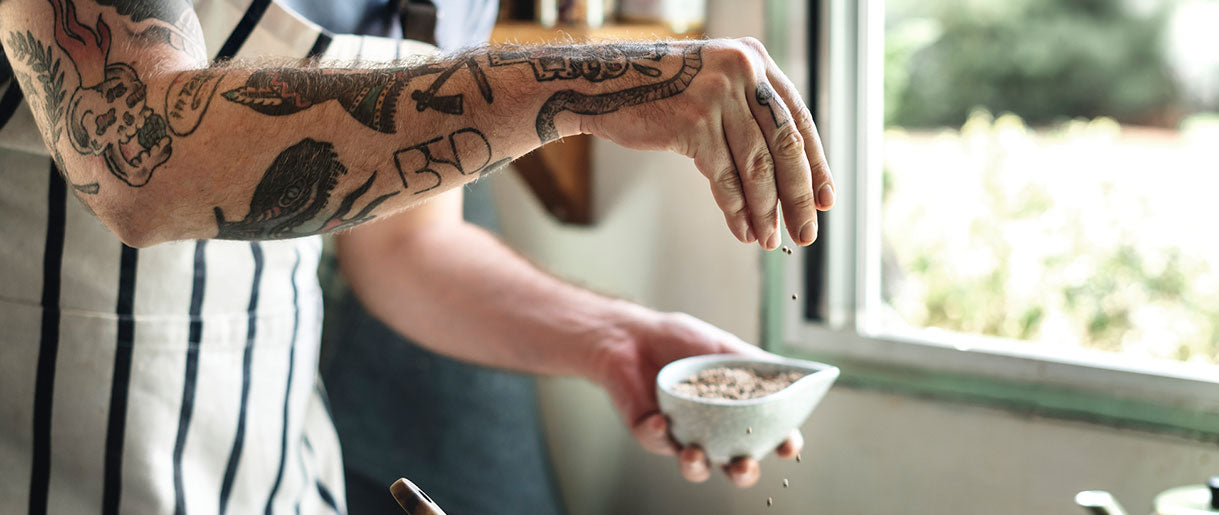
Let Us Know Your Comments